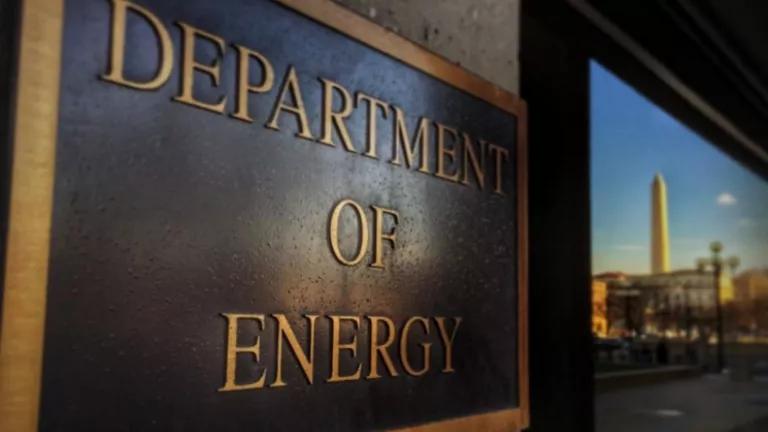NRDC et al. v. Dan Brouillette et al.
Case Status
ClosedLast Update

The Energy Policy and Conservation Act requires the U.S. Department of Energy (DOE) to regularly review and revise its energy efficiency standards for common household appliances, like dishwashers and furnaces, as well as commercial equipment, like walk-in coolers and transformers, to ensure they are set at the maximum efficiency level that is technologically feasible and economically justified.
But under the Trump administration, the DOE largely abandoned its obligations to review and update efficiency standards for household appliances and commercial equipment. Between 2016 and 2020, the agency missed statutory deadlines for twenty household and commercial products. So in October 2020, NRDC and our partners sued the agency, asking the court to order the DOE to review and update its overdue standards by court-enforceable deadlines.
Finally, on September 20, 2022, in a win for the climate and consumers, the DOE agreed to a schedule to review these regulations and, as appropriate, update them to improve efficiency requirements. The updated product standards that result from this court-approved settlement could keep between approximately 970 and 1800 million metric tons of carbon out of our atmosphere through 2050—depending on how the electric grid evolves over time—based on estimates from a 2020 report by the Appliance Standards Awareness Project. Over the same period, updated standards could save consumers over 650 billion dollars with lower utility bills.
Up-to-date energy conservation standards are particularly important for moderate- and low-income consumers, who spend disproportionately more on energy bills than other income groups, and stand to benefit from energy savings. Energy conservation standards make efficient products the norm—rather than the exception—ensuring that consumers can more easily find and purchase these products with the peace of mind of knowing they are cost-effective and reflective of current technology.
Related Content

DOE Settles Suit About Overdue Efficiency Updates
